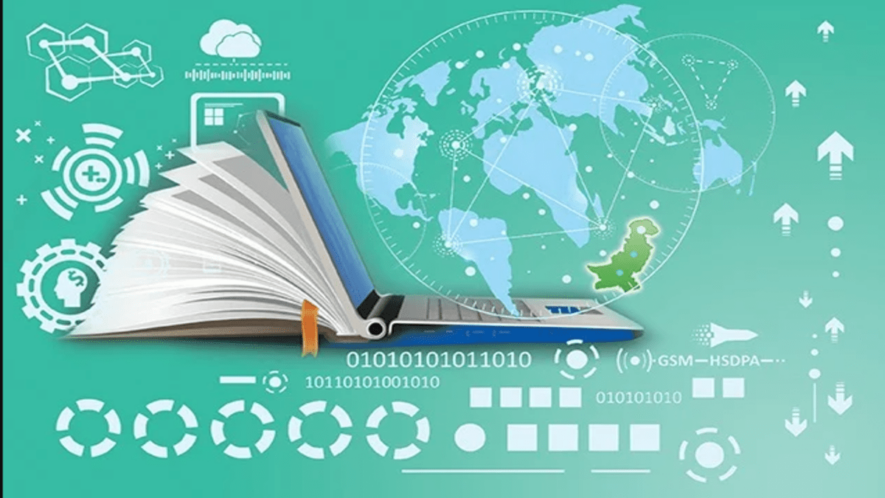
Digital Divide among University Students
Impact of the Digital Divide on Learning Outcomes of Students in Higher Education Institutes

Impact of the Digital Divide on Learning Outcomes of Students in Higher Education Institutes

21st century skills in education refer to a set of abilities and competencies that are considered essential for success in the modern world.
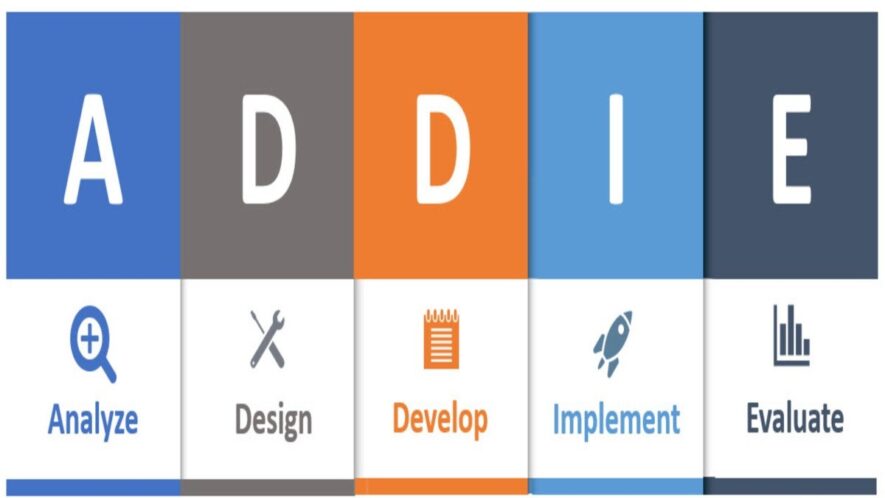
The ADDIE model is an instructional design framework that helps to create effective learning experiences.
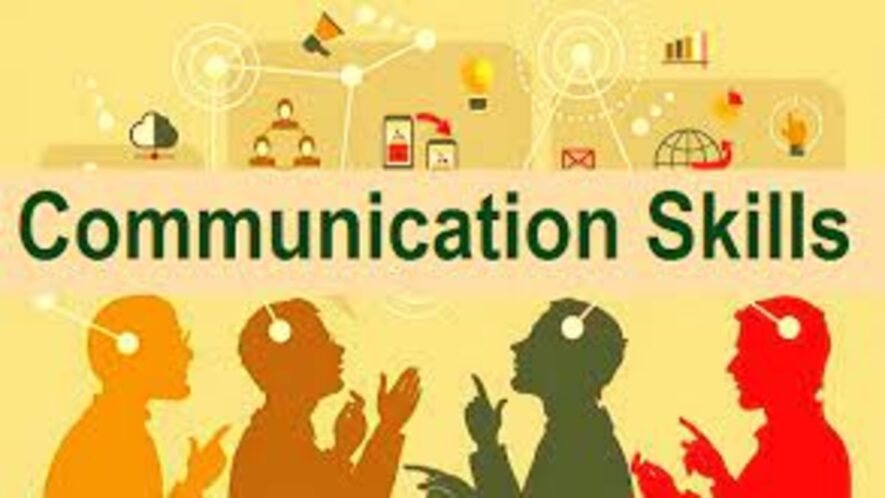
Communication skills is the ability for an individual to accurately convey a message to another person or group of people.
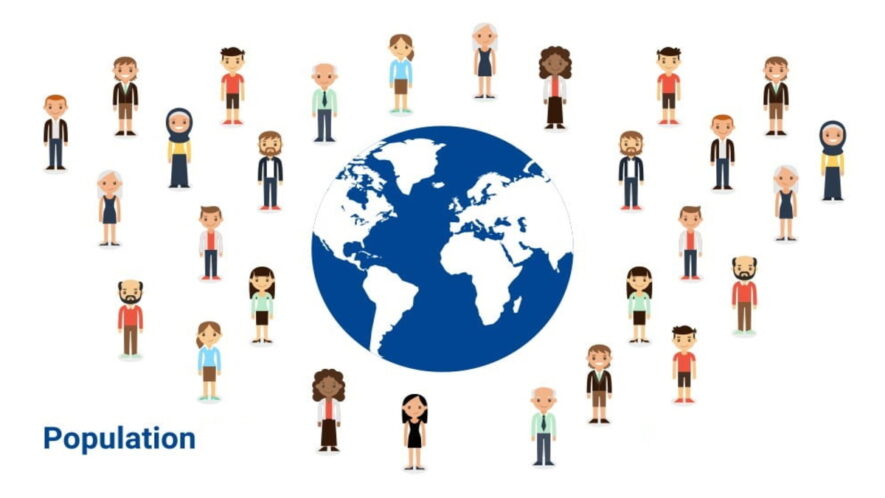
Population refers to the entire group of individuals or objects that share a common characteristic and are of interest to a researcher.
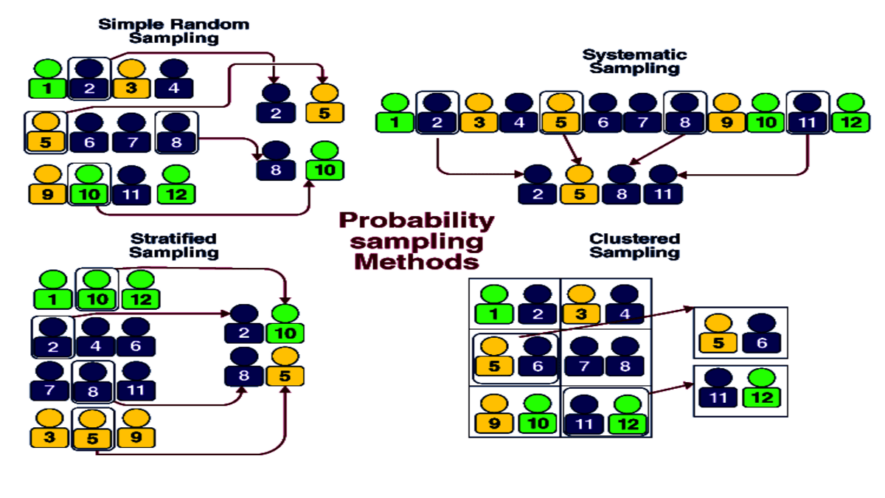
The sampling technique/method is a statistical approach used for selecting a representative sample from a population. Probability and Non-Probability sampling are two major categories.
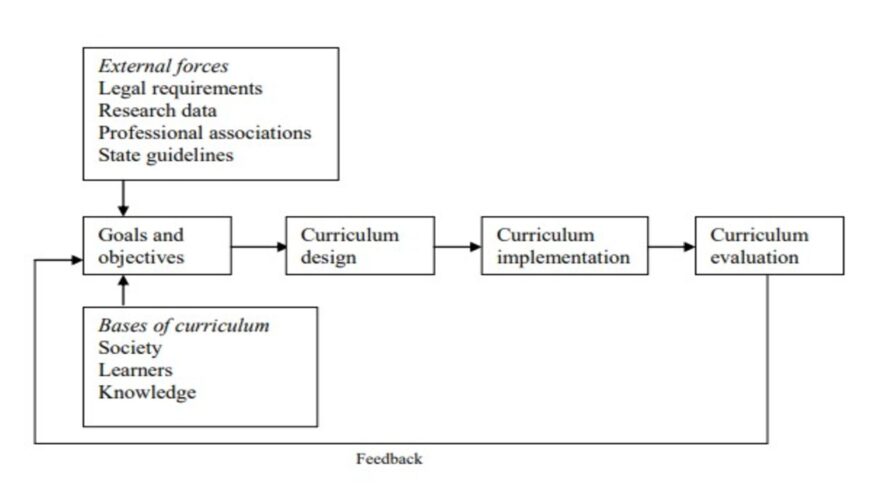
Saylor-Alexander-Lewis Curriculum Development Model’s four stages are selection of goals, curriculum design, curriculum implementation & curriculum evaluation.
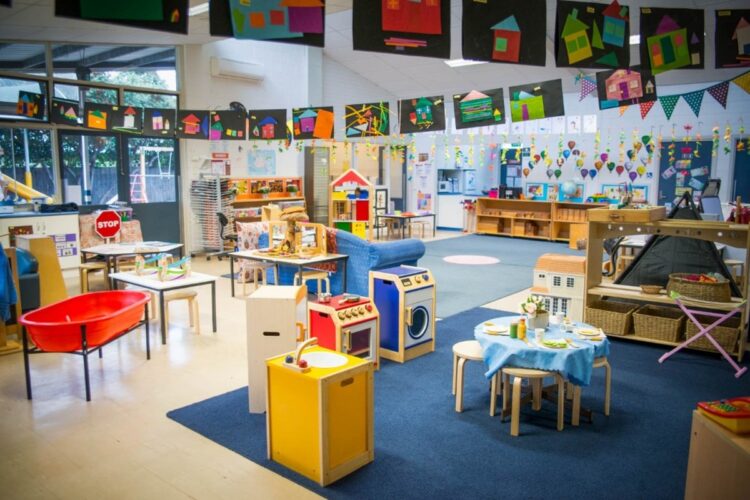
All such activities which are arranged alongside the standard study curriculum are called co-curricular activities. The old term was “Extra-curricular” activities.
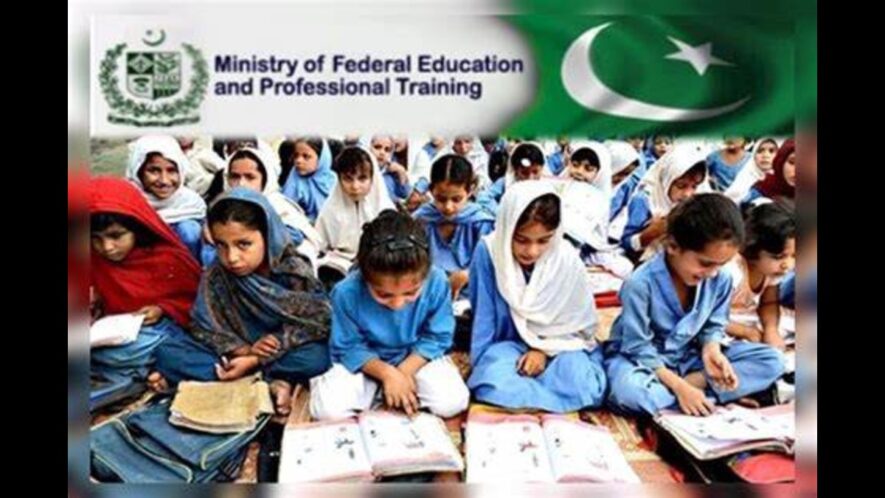
Curriculum development problems include understaffing, lack of expertise, absence of mechanism, lack of research, and inadequate participation of stakeholders.
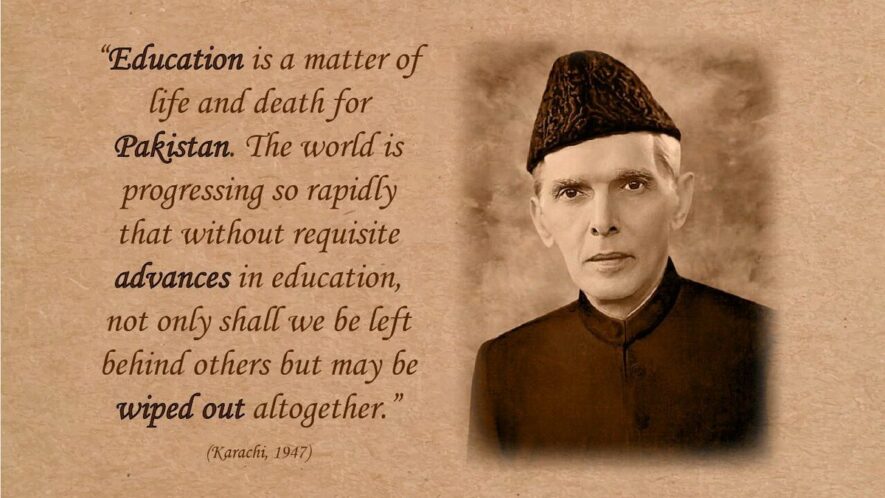
Right to Education (RTE) is reflected in Article 25A, Article 37B and 37D of constitution of Pakistan 1973.